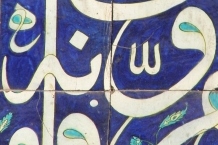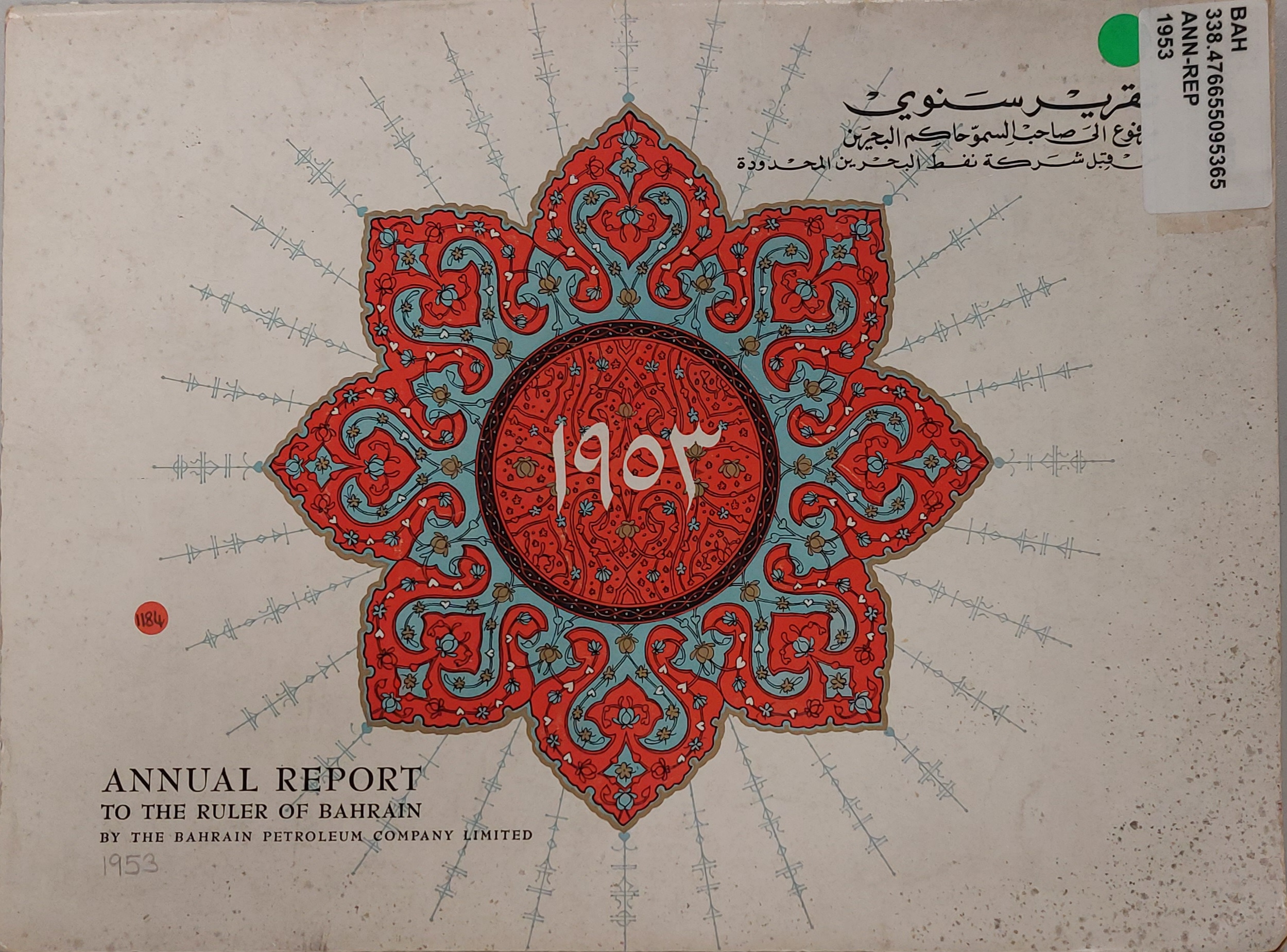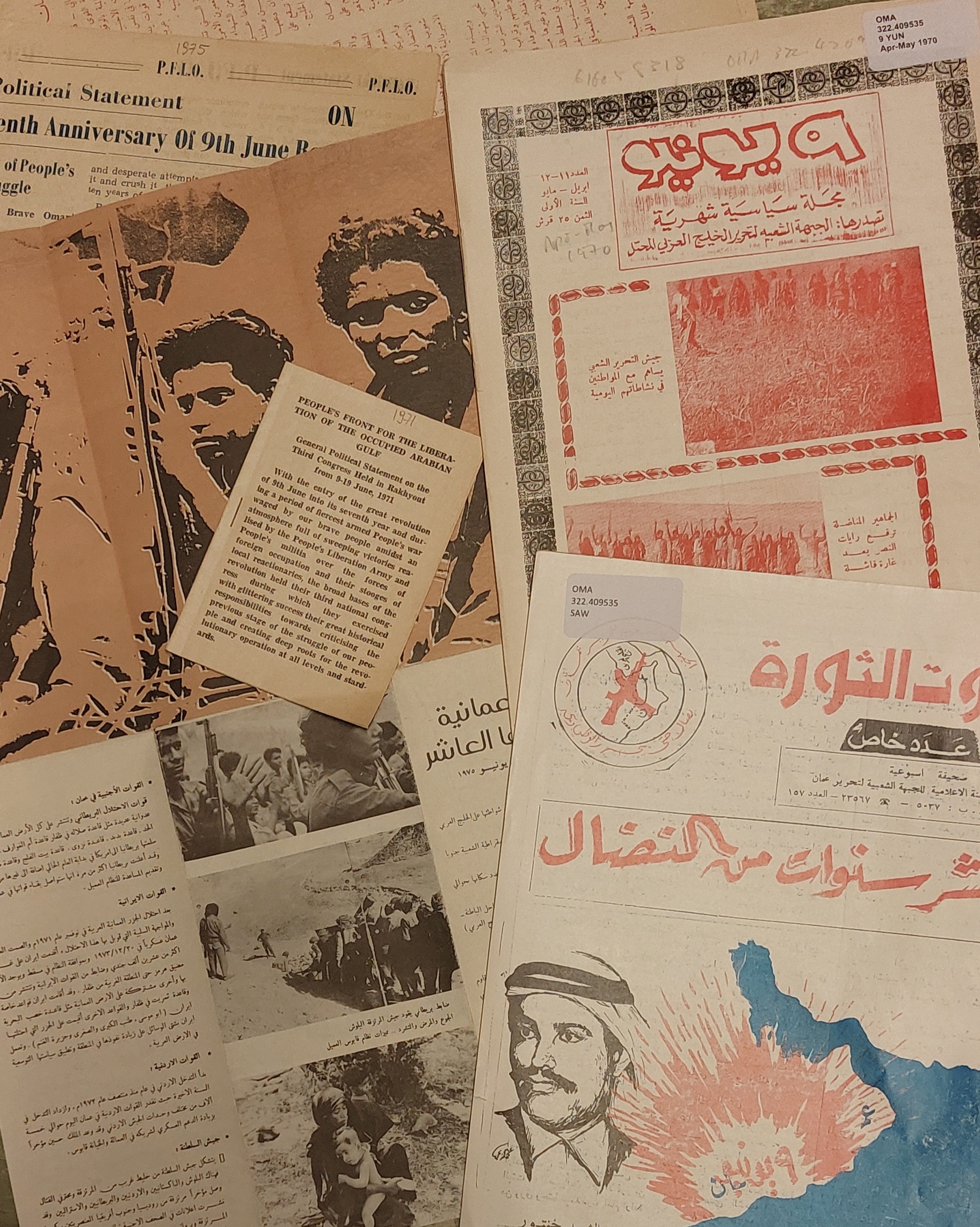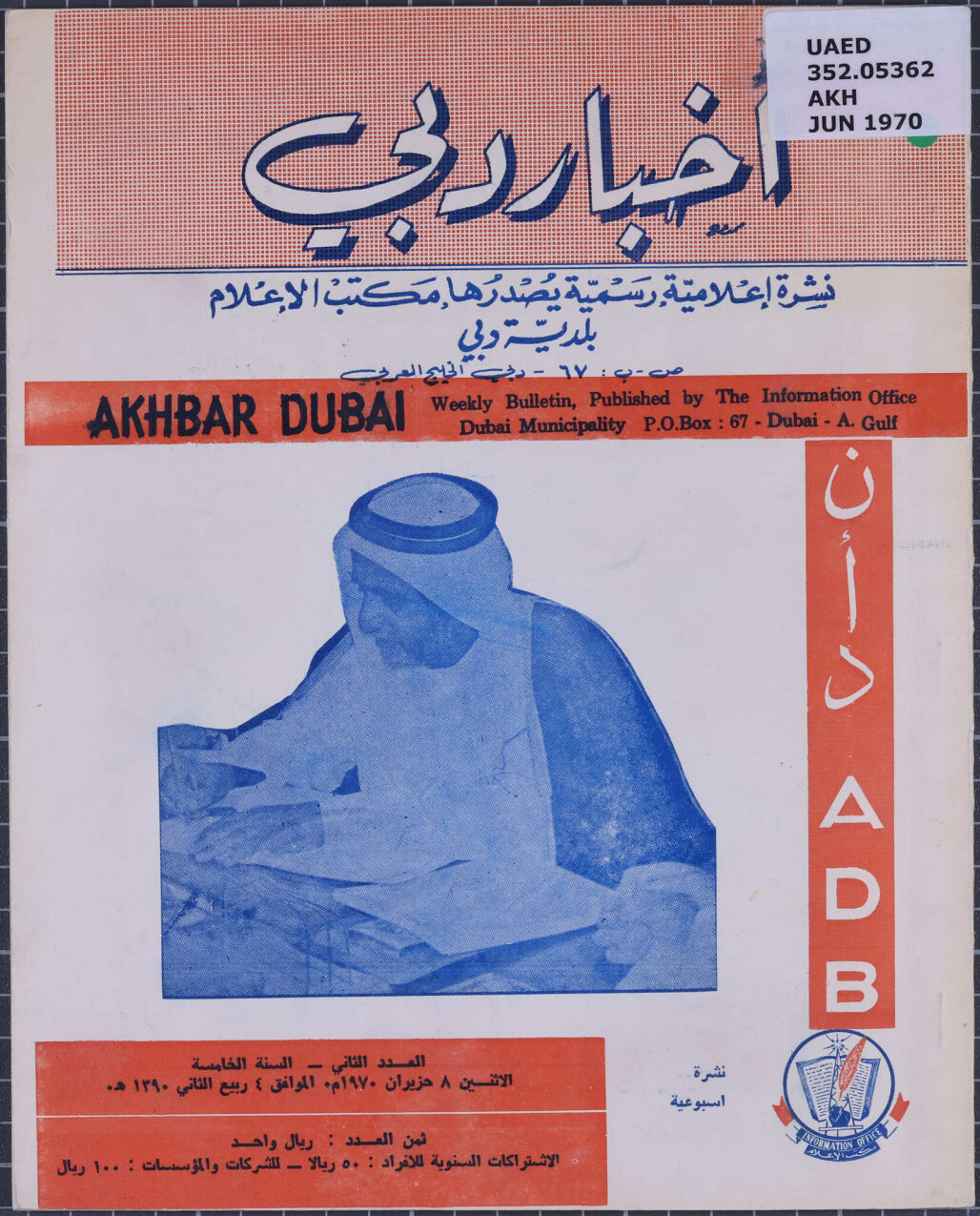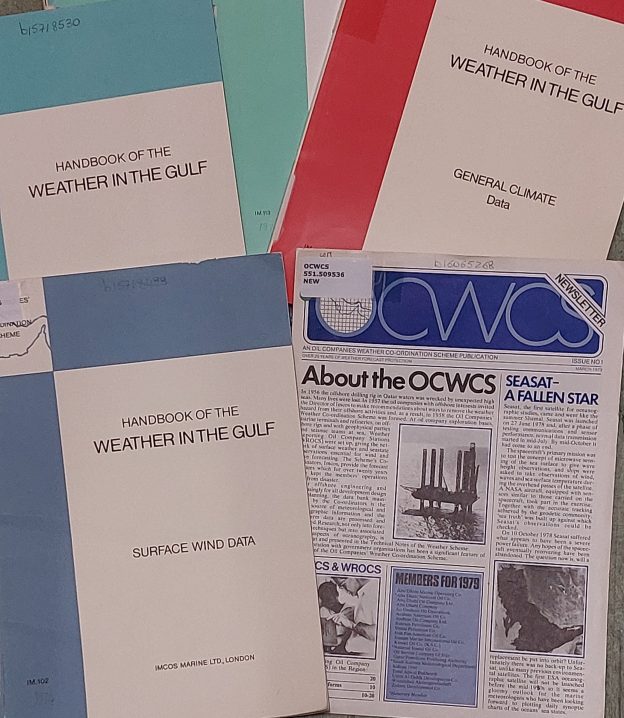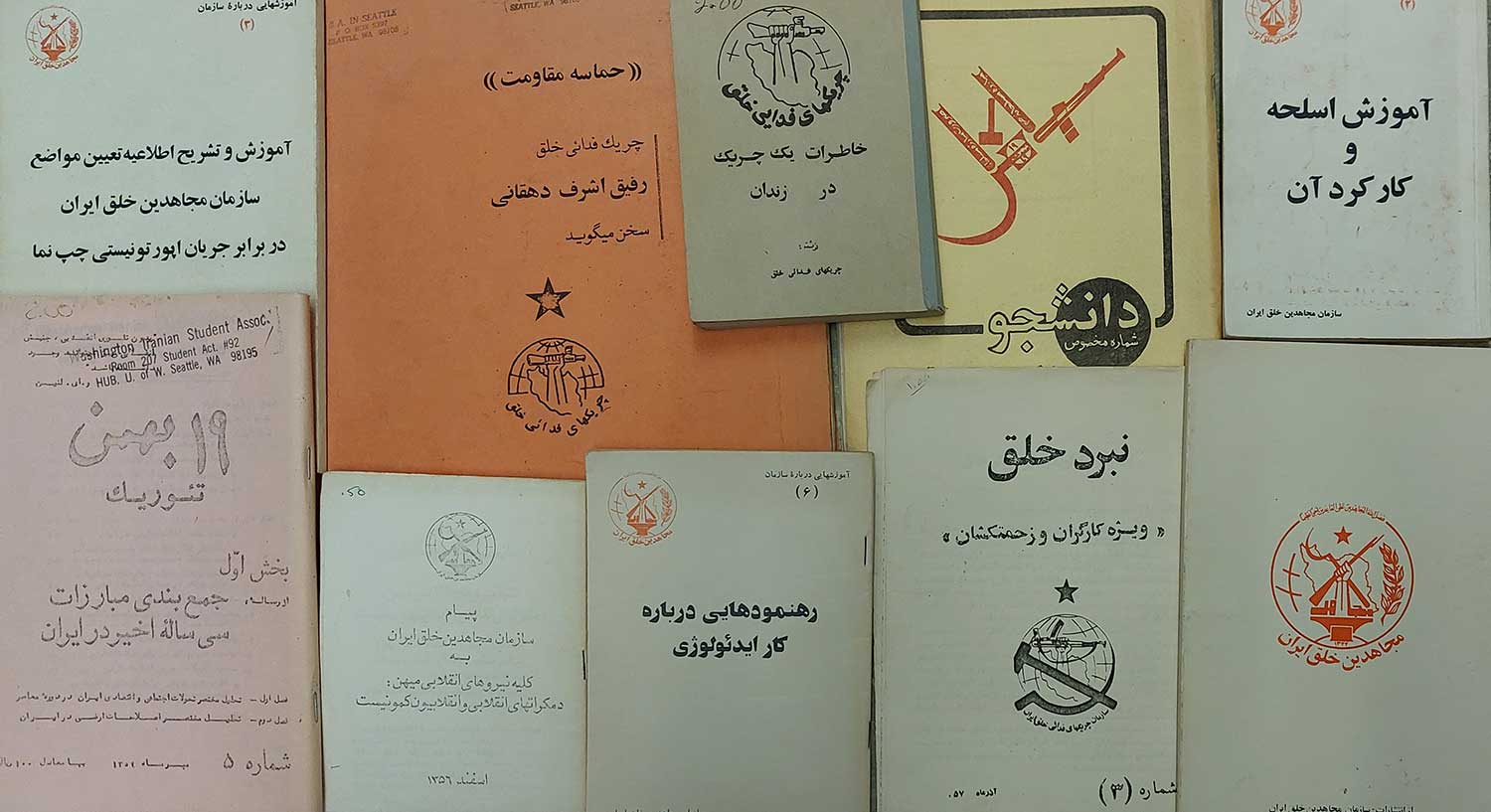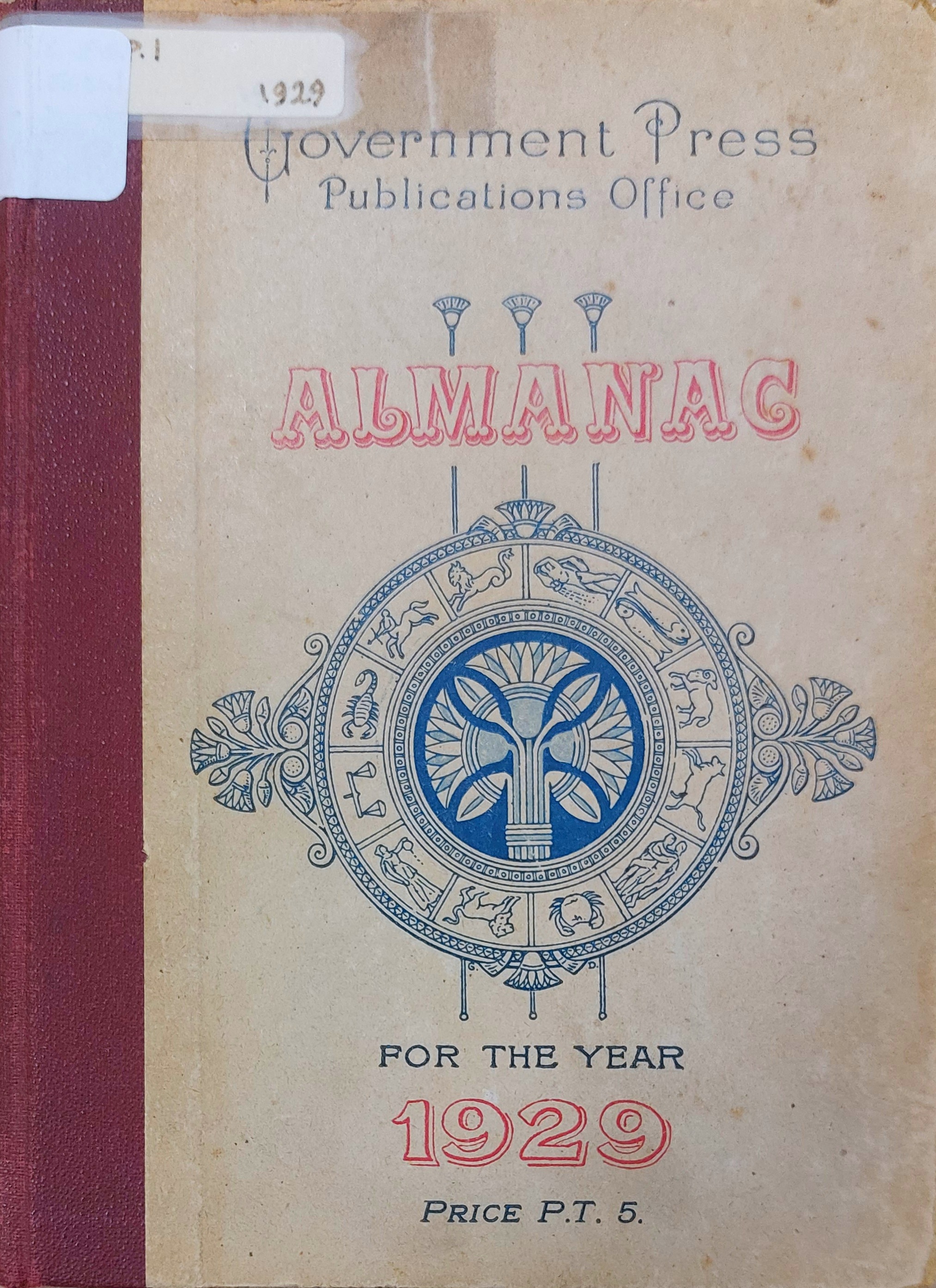The Arab World Documentation Unit (AWDU)
The Arab World Documentation Unit (AWDU) lies at the heart of the Institute, in both a literal and symbolic sense. Established as the Gulf Documentation Unit in 1980/81 following the founding of the Centre for Arab Gulf Studies in 1979, its aim was to gather material to support the activities of Gulf Studies researchers. Over time, however, this collection has evolved into a specialist reference library for IAIS, containing over 100,000 items with a scope that extends far beyond its original remit, reflecting our three main areas of focus – the Gulf, Palestine and Kurdish Studies.
From the outset, staff began deliberately collecting material on the Gulf region that was being largely ignored elsewhere – a remarkable prescience that has made AWDU a unique resource today. Recognising the growing importance of the Gulf region, the Centre began acquiring documentation on financial, economic and political developments, including newspapers and microfilms, foreign trade statistics, government policy plans, maps and oil industry ephemera.
One of the great strengths of AWDU’s collections is that much of the collection consists of ephemeral publications and ‘grey literature’ that tends to be overlooked and is therefore less likely to survive. In addition to its collections of books, periodicals, newspapers, official reports and gazettes, AWDU also has census reports, statistical bulletins, legal texts, annual reports of government ministries and agencies, banks and financial institutions, technical surveys, human rights campaign material, town planning and urban renewal documents, agricultural surveys, architectural studies and brochures, trade directories, environmental reports on minerals, oil and water resources, presscuttings, political pamphlets, opposition newsletters, media digests, maps and microfilms (the latter are held in the Old Library).
Most publications are either in English or in both English and Arabic, with some 3000 books or pamphlets in Arabic alone. A small number of titles are in other languages such as Kurdish, Persian, Hebrew, French and German. As acquisition of new material was reduced after 2012, AWDU’s value has shifted away from contemporary information to that of a repository of historical material that is often hard to find and/or inaccessible outside – or even within - the SWANA region.
Although the core focus of the collections is on the area around the Persian Gulf, the material covers aspects of the wider Arab world, with countries represented in AWDU including Bahrain, Oman, Qatar, Saudi Arabia, United Arab Emirates, Yemen, Kuwait, Iraq, Iran, Egypt, Jordan, Lebanon, Palestine and Syria, as well as Turkey, Morocco, Algeria, Afghanistan and Israel. It also incorporates the Uri Davis collection, which contains over 2,500 books, 600 pamphlets and several hundred periodicals relating to the history of Palestine and the Arab-Israeli conflict. Many of these are rare titles, including administrative documents from the Mandate period.
There is a specialist section dedicated to the petroleum industry, containing several hundred reports and publications issued by OPEC and OAPEC, oil companies such as Aramco, BP and Shell, as well as rare private commercial reports on water and oil issues. The main periodical sections also contains many titles relating to the Gulf oil industry, including two volumes of the Iraq Petroleum Company’s in-house magazine al-ʻĀmilūn fī al-naft (1963-65), which is not held anywhere else in the UK.
AWDU also holds a large collection of material published by regional, international and Pan-Arab organisations, such as the Economic and Social Commission for Western Asia, the International Centre for Agricultural Research in the Dry Areas, the Gulf Cooperation Council, the Arab Fund for Economic and Social Development, the Economic Research Forum for the Arab Countries, Iran and Turkey, the United Nations, the World Bank, Islamic Bank, the League of Arab Nations, Gulf Aviation Council, Middle East Economic Digest and many others. The Gulf Information Project collection comprises 49 boxes of documentation from diverse sources recording the effects of the 1991 Gulf War on Iraq, Kuwait and surrounding countries.
In terms of official state papers relating to British, American and European involvement in the region, there are extensive runs of several hundred volumes of facsimile British government documents – including confidential telegrams and reports - published by Archive Editions, such as Records of Bahrain, Arab Boundaries, Persian Gulf Administration Reports and The Slave Trade into Arabia.
There is also now a Kurdish Studies section, supporting the activities of the Centre for Kurdish Studies, which contains newspapers and pamphlets donated by Omar Sheikhmous, Latif Rashid and others, as well as the most extensive run of the Cyrillic-language Kurdish newspaper Rya T’eze [Р'йа т'әзә] outside the former Soviet Union, and a range of books and other literature on Kurdish history, politics and literature.
AWDU is open Monday to Friday from around 9.00 am to 6.00 pm. Material is strictly for consultation only, but there is a copier/scanner available and normal library rules apply for personal photography.
Undergraduates and postgraduates are strongly recommended to make use of the collections during their studies here.
Much of AWDU’s collections are unique and remain a rich source of material – some of it untapped – for original, groundbreaking research.
Contact
The Librarian, James Downs, also looks after the fifty archives relating to the Middle East that are held in Special Collections down at the Old Library, but visits AWDU most days and can be contacted at j.a.downs2@exeter.ac.uk.
Requests for guided tours of AWDU, archive workshops, research enquiries and project support are always welcome.
AWDU gallery
